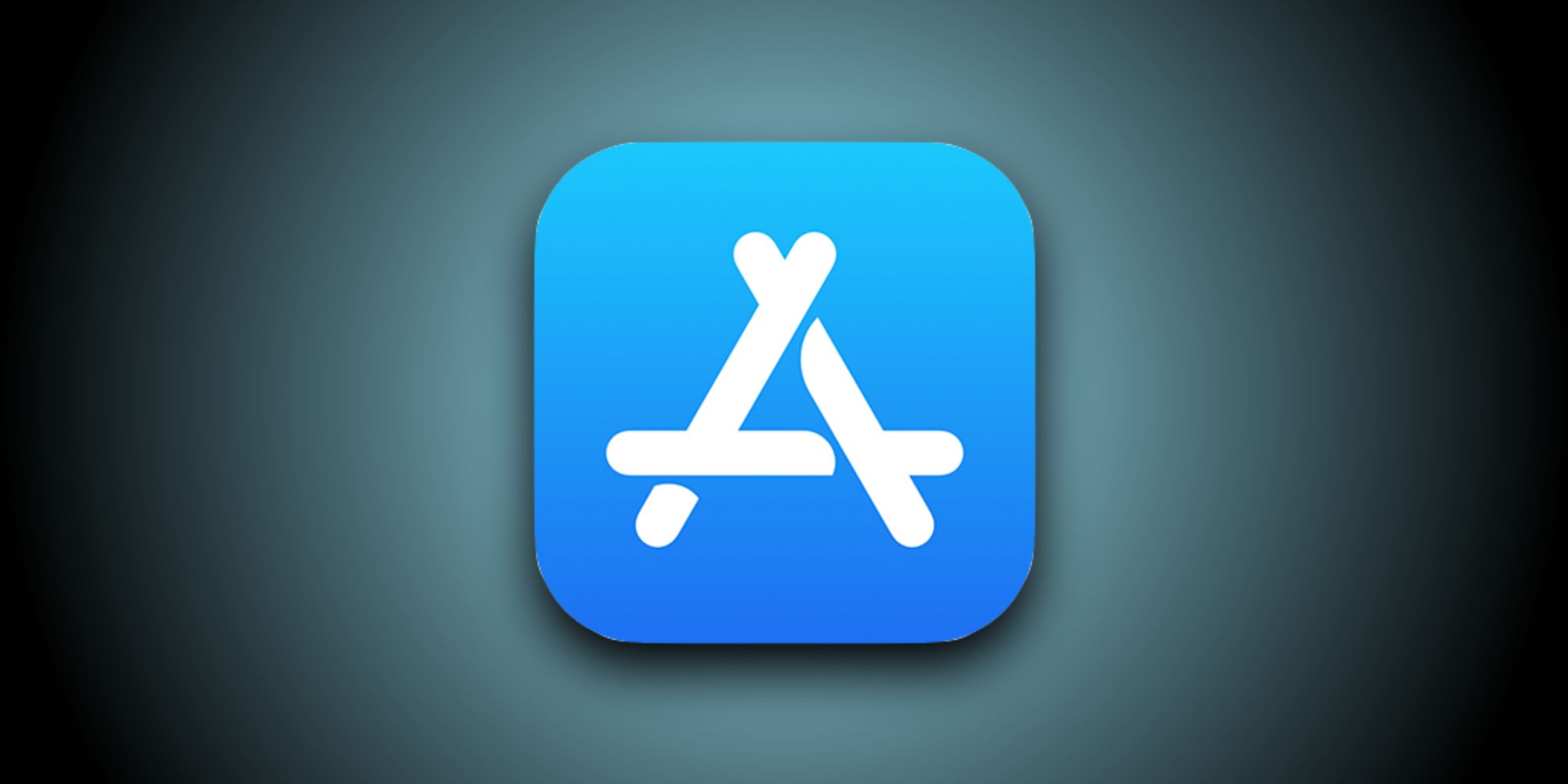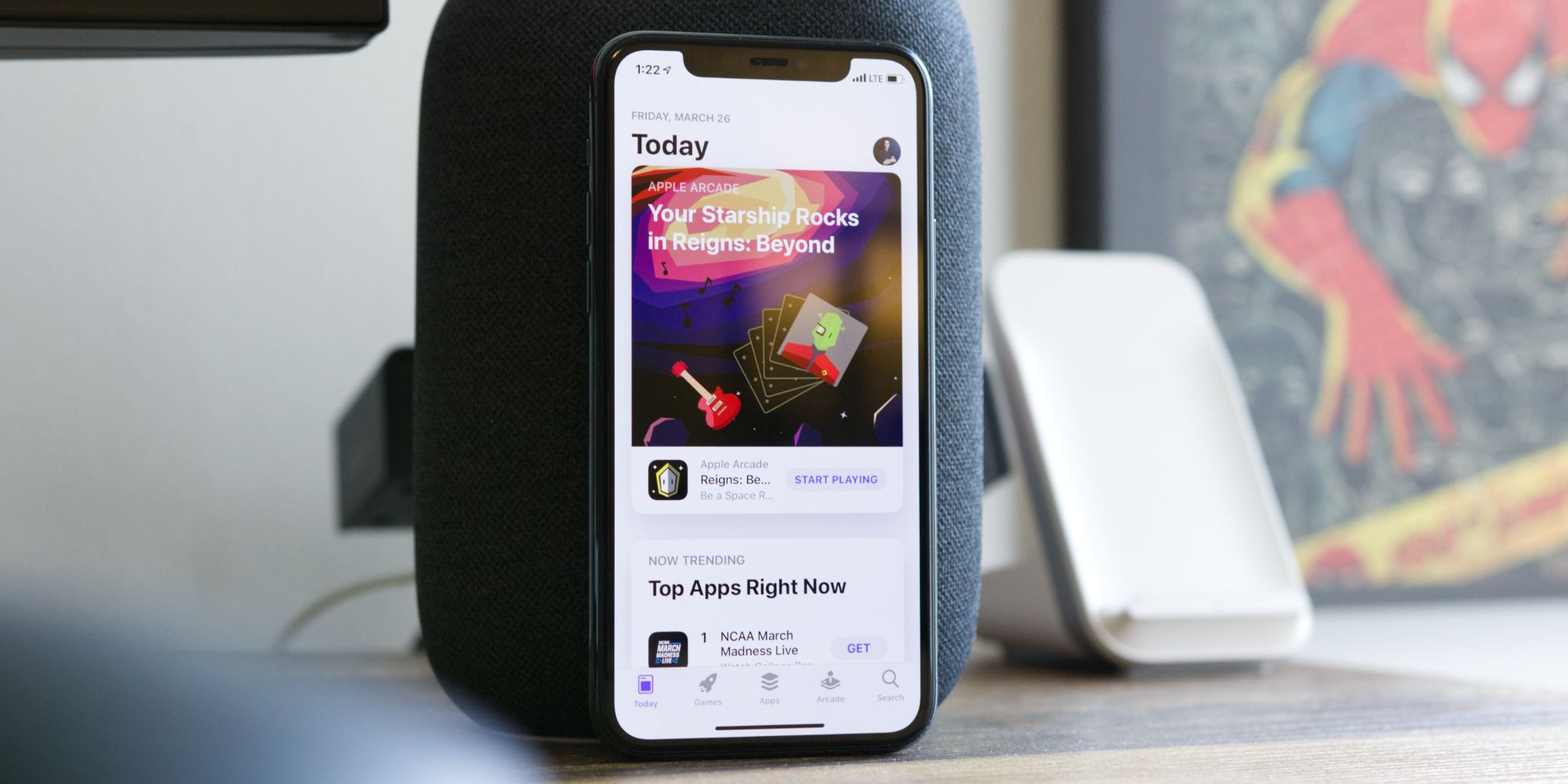A judge just made the final ruling in the case of Epic Vs. Apple, and in doing so has dealt a massive blow to Apple's App Store. Ever since Epic issued its lawsuit against Apple in August 2020, there's been heated debate around the nature of the App Store. There have been regular complaints that the App Store isn't entirely fair to developers, but not much had been done to fight it until recently.
That all changed when Epic allowed Fortnite users to make in-game purchases directly to Epic instead of going through Apple's built-in payment systems. This direct violation of App Store policies resulted in Fortnite being banned from the App Store, though Epic used it as a catalyst to shine a light on the App Store's unfair practices. The crux of the lawsuit came down to how Apple handles payments on the App Store. If a developer wants to charge money for a subscription, in-app currency, or anything else, all of those transactions have to go through Apple. In the process, this means developers are forced to hand over part of their earnings to Apple. While that rate was cut from 30 percent to 15 percent for smaller developers, this latest ruling marks a bigger and more impactful change.
On September 10, 2021, Judge Yvonne Gonzalez Rogers issued her permanent injunction on the lawsuit. Her ruling? That Apple must allow developers to direct users to other payment systems outside of the App Store. More specifically, Apple can no longer prevent developers from "including in their apps and their metadata buttons, external links, or other calls to action that direct customers to purchasing mechanisms, in addition to In-App Purchasing and communicating with customers through points of contact obtained voluntarily from customers through account registration within the app."
What This Ruling Means For Apple & The App Store
If that court verbiage is difficult to understand, it essentially means this: iOS developers are now free to facilitate purchases without using the App Store. Take the Spotify app, for example. If a free user taps on the Premium tab today, they can view the available plans but can't actually sign up since Spotify chooses not to use the App Store for payments. With this change, Spotify can now add in-app buttons/links to sign up for Premium plans on its website — something it's currently barred from. The same is true of other subscription-based apps like Disney+, Netflix, etc. They can still use App Store payments if they wish, but if they'd rather have folks sign up on their website and avoid the 15-30 percent fee, that's now possible.
In addition to subscriptions, this also applies to one-time in-app upgrades and mobile games. Play a lot of Call of Duty: Mobile? Any of its in-app purchases can now be directly through Activision and not the App Store. Users are still getting the same content as before, but from a developer perspective, they can now offer all of that without being required to hand over so much of their profits to Apple.
This change doesn't take effect immediately, though it is happening quite soon. Apple must abide by Judge Rogers' ruling within 90 days, giving the company and developers the necessary time to prepare for this shift. Although Rogers shot down Epic's claim that Apple is a monopolist and cannot require Apple to relist Fortnite on the App Store, this is still a considerable win for Epic and developers worldwide. Having choice is a good thing, and for too long, that's something that didn't really exist on the App Store.


